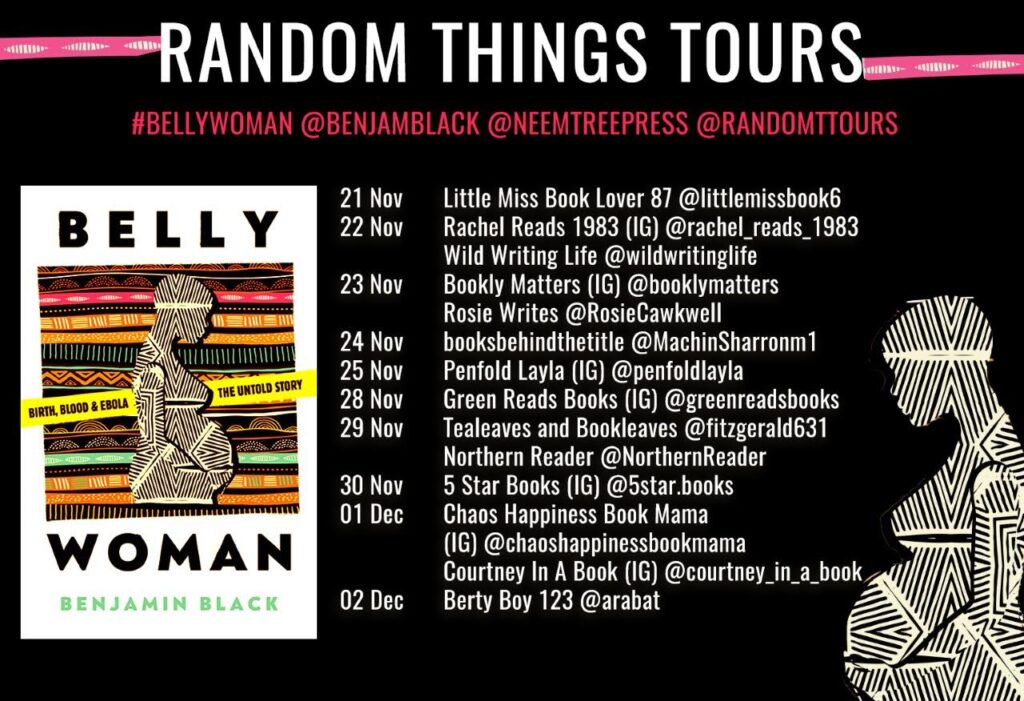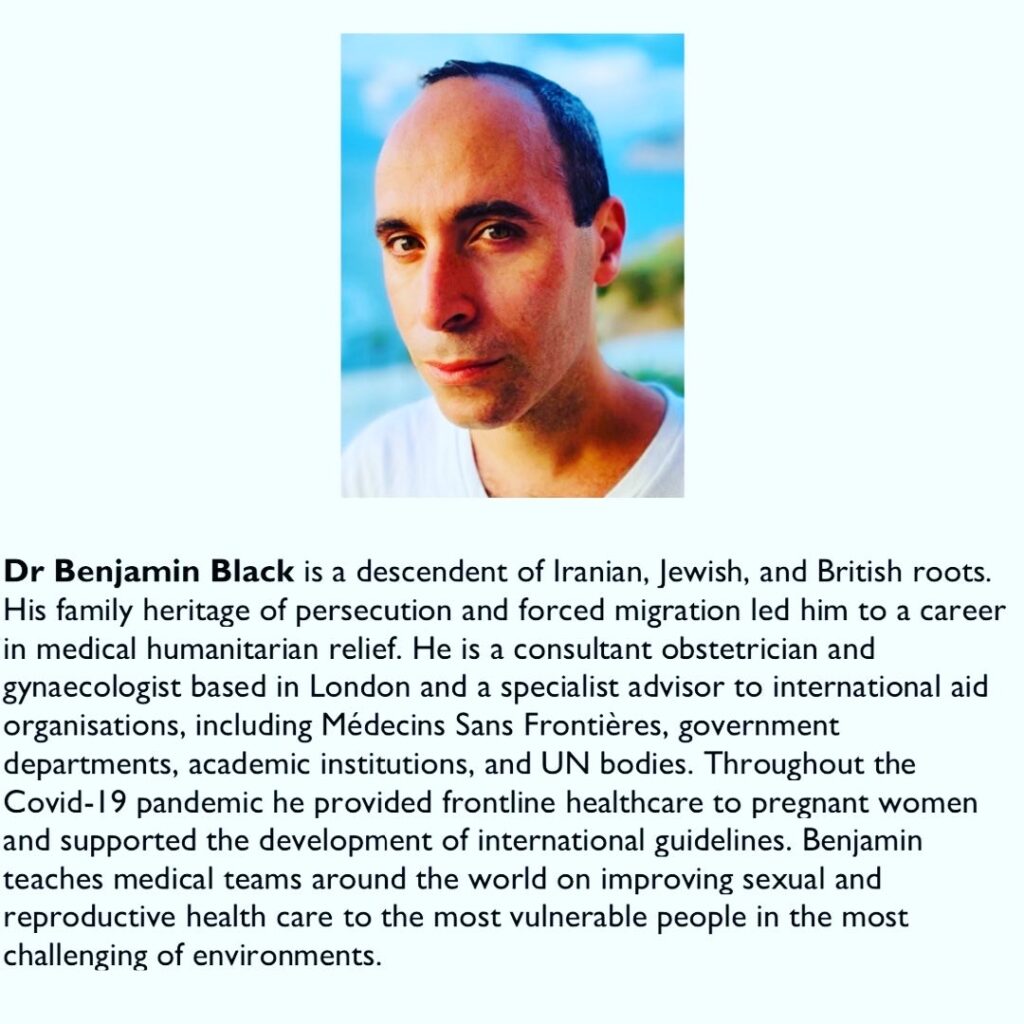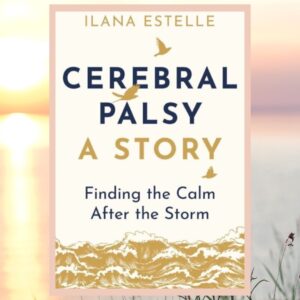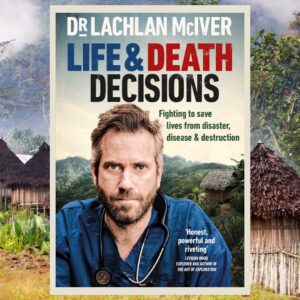🌟🌟🌟🌟
A harrowing inside-look at a horrifying pandemic – Ebola in Western Africa in the years 2014 to 2016 – written by a front-line OB-Gyn, doing his part to treat maternity referrals as the world around him dissolves into the chaos of a new emergency.
“In the war we knew when the rebels were coming. We would run into the bush. Those were terrible times. But, this Ebola – you don’t see it, you don’t hear it. It is worse than a rebel.”
Barely ahead of what would soon become one of the greatest public health crises in history, the author details the experiences of hospital staff working on behalf MSF (Medicines sans frontiers) as they struggle to provide a safe and risk-managed environment in which to treat and provide emergency care to a primarily young, impoverished and desperately needy female population.
As pregnant mothers and babies arrive at the medical center by ambulance or through desperate family drop-offs, each suffering from any of a wide variety of antenatal medical crises made all the more acute due to delayed treatment and lack of appropriate local care , Dr Benjamin and his colleagues battle exhaustion and lack of resources, finding themselves treating conditions rarely seen in the developed world, such as eclampsia, sometimes days-long-stalled induced deliveries, and a horrific number of still-births (many of them also life-threatening to the mother).
As Dr Black and his team soon find, the situation rapidly progresses to one that threatens to be dire for both patients and staff, as the Ebola virus, contagious and readily transmissible through bodily fluids, (aided by washing and care provided as part of funeral practices) begins its rampage of local communities and the already-critical maternity patient base.
Faced with uncertainties, now crossing over into medical quagmire, the team faces profound decisions and dangers, made all the more impossible by the twenty-four to forty-eight hour window needed to identify the presence of Ebola in a perhaps semi-conscious, bleeding and acutely ill patient.
If a patient isn’t symptomatic, are they contagious?
How to treat, or perform surgery while managing an unknown level of risk to the surgical staff?
How to manage the potentially-deadly fluids of pregnancy?
Can a delivered baby (or fetus) test positive regardless of mothers Ebola status? (The answer to this question turns out to be ‘yes’)
As the crises deepens, critical decisions must be taken with the aim to reduce risk, manage exposure, and build more robust infection control practices, for the safety of both patients and staff.
As the number of patients infected and the associated fatality rates reach horrifying proportions, and the first doctors and other critical staff members begin to fall ill, it’s hard for the reader to imagine a more terrifying, heartrending and devastating situation.
A must-read, and certainly an eye-opening one, – compelling any reader to never again take available and appropriate medical care for granted – this book shines a light on the unsung heroes amongst us, in service of those who may be “pregnant with limited access to emergency care”, and whose very lives (and those of their offspring) necessitate an unrelenting endeavor.
My stop today on the @randomttours #blogtour for #Bellywoman.
A great big thank you to the author and the publisher for an ARC of this book. All thoughts presented are my own.





